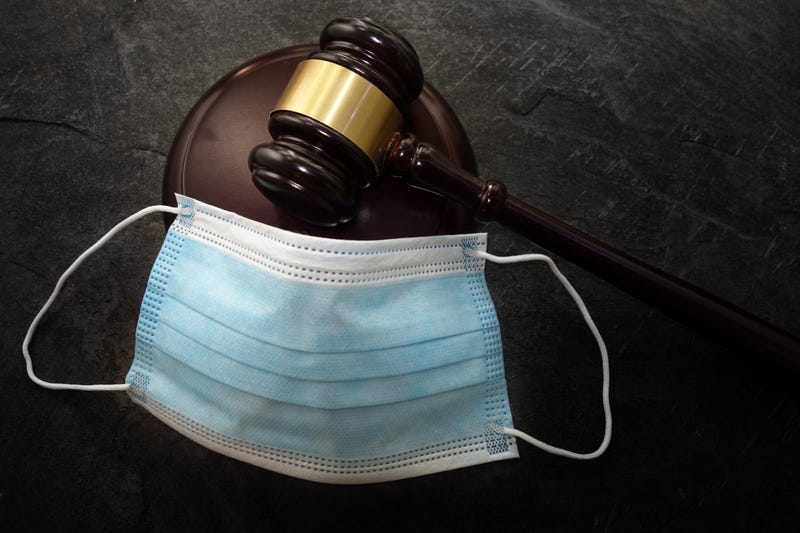
Nearly a year after the start of a fight over authority between Texas Governor Greg Abbott and Dallas County Judge Clay Jenkins, the Supreme Court of Texas is starting to move.
The high court wants briefings filed over the course of the next two months as it wades into the battle over who has the final say during an emergency. The fight started as a dustup over mask mandates. But with few arguing over masks these days, the battle has evolved into a fight over authority.
The donnybrook started on May 18, 2021, when the Governor issued an Executive Order prohibiting governmental entities in Texas “including counties, cities, school districts, public health authorities or government officials from requiring or mandating mask-wearing,” the Governor’s office said in a news release. Schools were allowed until June 4. Violators were threatened with a $1,000 fine.
Jenkins, citing the blossoming omicron variant that had come on the radar, imposed a mandate, in direct contradiction of the Governor, imposed a mandate on Dallas County residents.
That brought a suit by Abbott. Similar suits were filed in other Texas Counties where County judges claimed they had the statutory right to assert local control and do what was best for their residents.
With masking all but over this year, there is still the unsettled matter of who has the authority. Dallas County State District Court Judge Tonya Parker upheld the position taken by Jenkins. The 5th Court of Appeals upheld Parker. However, with the Supreme Court consolidating the cases and now willing to entertain arguments, the question is far from settled.
All of the Judges on the Supreme Court are Republican. The counties challenging Abbott are led by Democratic County Judges.
Under a directive from the Supreme Court, lawyers for the petitioners are to have their initial briefs filed by July 18. A response brief is due August 8, and the reply no later than August 23.
It will be up to the Supreme Court to decide whether to entertain oral arguments, or let the briefings speak for themselves.

